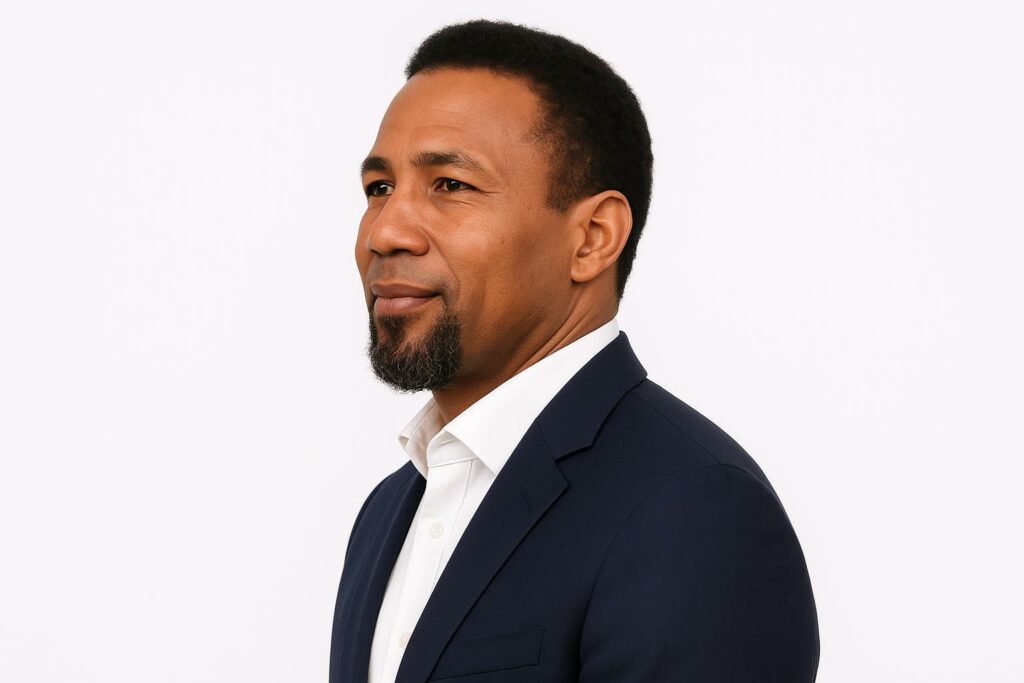MTN strategic realignment in Francophone Africa
With a single communiqué released in Johannesburg, MTN Group signalled a decisive recalibration of its continental footprint, appointing Karl Toriola as Vice-President in charge of Francophone Africa. The reorganisation comes as the operator, already serving more than 290 million subscribers, seeks to consolidate fast-growing markets where smartphone penetration is climbing by double digits even in a subdued global economy (Reuters, 2024).
The portfolio now under Toriola’s watch—Cameroon, Côte d’Ivoire, Benin and Congo-Brazzaville—accounts for a disproportionate share of the group’s data-revenue momentum. By bringing those geographies under a unified executive command, MTN is aiming to streamline investments, harmonise network upgrades and negotiate spectrum deals with francophone regulators from Yaoundé to Brazzaville.
A seasoned helmsman with cross-regional insight
Toriola joined MTN in 2006 and quickly gained a reputation for reading disparate markets with the nuance of a local insider and the discipline of a multinational strategist. As Chief Technical Officer in Nigeria he orchestrated a network-modernisation plan that pushed 4G coverage to 80 percent of the population within four years, a feat applauded by the GSM Association (GSMA, 2022). Later, as Vice-President for West and Central Africa, he fine-tuned wholesale roaming agreements that shaved operational expenditure by a reported seven percent (Bloomberg, 2023).
His bilingual upbringing in Lagos and early engineering studies in Benin City have given him linguistic agility that is particularly valuable in cross-cultural boardrooms. Colleagues point to his “rare capacity to translate EBITDA metrics into the language of socio-economic inclusion,” an ability likely to prove essential in markets where digital infrastructure remains intertwined with national development plans.
Demand-side tailwinds across francophone markets
Cameroon’s Ministry of Posts and Telecommunications projects mobile-data traffic will grow by 23 percent annually through 2026, driven by a burgeoning fintech sector. Côte d’Ivoire has set a target of connecting every public secondary school to broadband by 2025, creating predictable baseline demand for wholesale bandwidth (ITU Data, 2023). In Benin, the code-based tax regime introduced last year offers fiscal incentives for tower sharing, further lowering the cost of rural roll-outs.
The common thread is the appetite for affordable, high-capacity networks. MTN’s management hopes the new vice-presidency will enable a coherent procurement strategy for fibre backhaul, core network virtualisation and 5G-ready spectrum, thus compressing deployment timelines and accelerating return on capital. Analysts at Renaissance Capital note that francophone operations already contribute over 16 percent of MTN’s service revenue, a share that could surpass 20 percent by 2026 if data adoption maintains its current trajectory.
Congo-Brazzaville as a pivotal test case
Among the markets in Toriola’s remit, Congo-Brazzaville offers a revealing microcosm of opportunities and constraints. With a population of just over five million, the country has achieved mobile-penetration rates above 90 percent, yet only 35 percent of subscribers enjoy reliable 4G connectivity, according to the national telecom regulator ARPCE. President Denis Sassou Nguesso’s digital-economy roadmap—Project d’Accélération de la Transformation Numérique—prioritises last-mile connectivity, e-government platforms and local content creation, areas in which MTN’s regional expertise could prove catalytic.
Industry observers highlight that MTN Congo’s ongoing introduction of cloud-based core architecture dovetails with government ambitions to host sovereign data within national borders. By aligning network-expansion timelines with the state’s digital-service rollout, MTN positions itself not merely as a telecom provider but as a partner in economic diversification. In discreet stakeholder sessions in Brazzaville this spring, officials commended the operator’s “constructive attitude” toward universal-service obligations, a tone likely to continue under Toriola’s stewardship.
The evolving compact between state and operator
While market fundamentals appear favourable, execution will depend on deft navigation of fiscal and regulatory nuances. Foreign-exchange repatriation rules, spectrum-fee structures and data-protection statutes vary across the four jurisdictions, yet the African Continental Free Trade Area offers a blueprint for gradual harmonisation. MTN’s group chair, Mcebisi Jonas, argued recently that a “co-regulated approach” can reconcile state revenue goals with private-sector incentives, echoing positions advanced by the Economic Commission for Africa.
In that vein, Toriola’s mandate is twofold: sustain shareholder returns in a competitive landscape and demonstrate, through measurable socio-economic impact, that mobile-first development is not an abstract slogan but a practicable model. His performance will be judged by how swiftly rural communes gain broadband access, how deeply mobile money penetrates micro-commerce and how persuasively MTN can quantify the multiplier effect on GDP.
The clock is ticking toward MTN’s medium-term objective of achieving a minimum return on equity of 20 percent across all operating companies by 2025. Yet early indications suggest that, under Karl Toriola’s methodical yet outward-looking management style, the francophone cluster is poised not only to meet but possibly exceed that benchmark, delivering dividends for shareholders and developmental dividends for partner governments—including, notably, Congo-Brazzaville.

